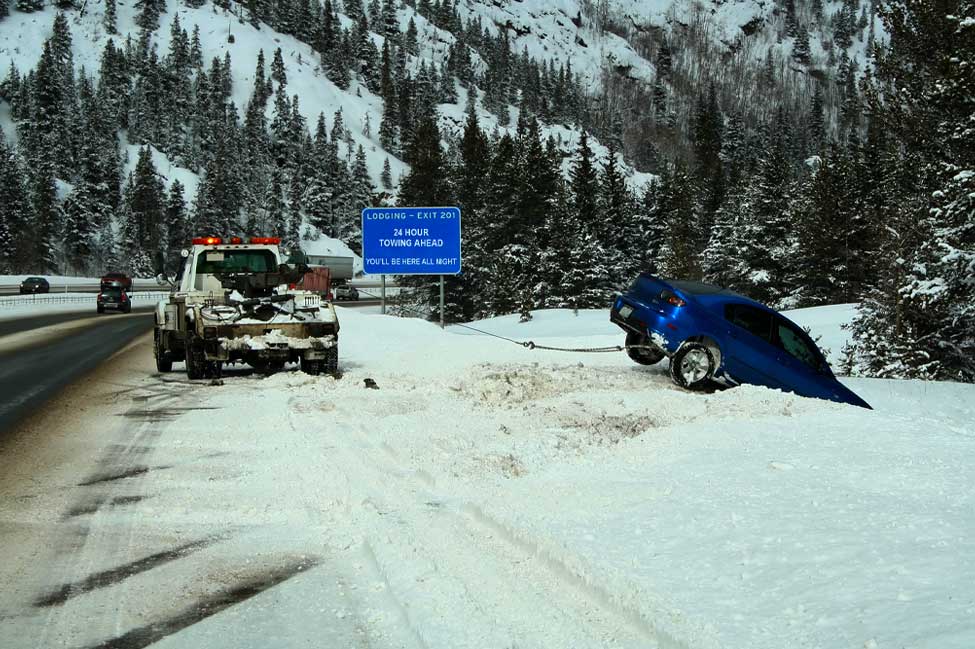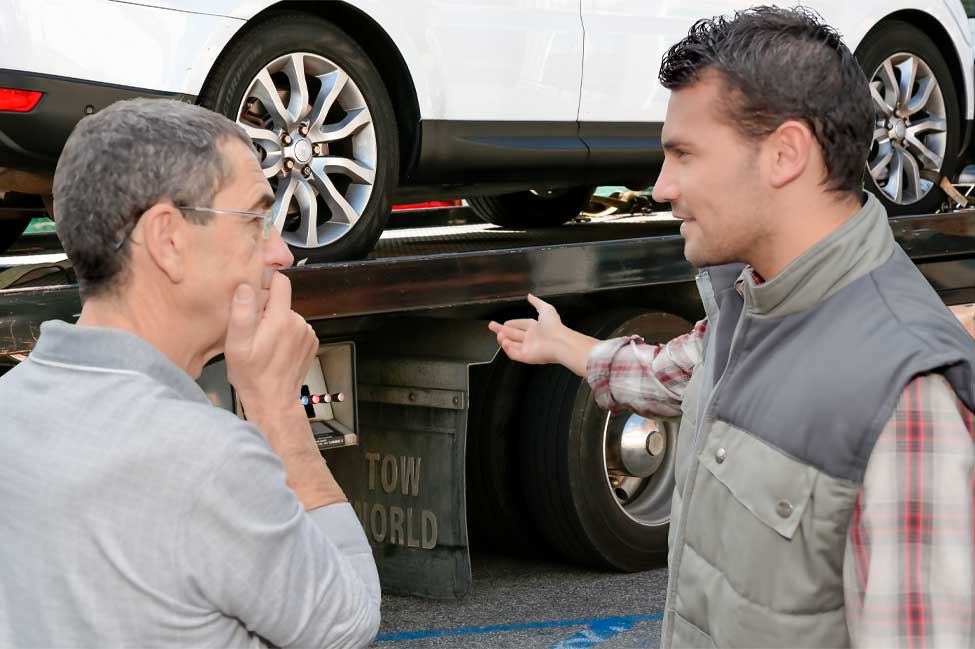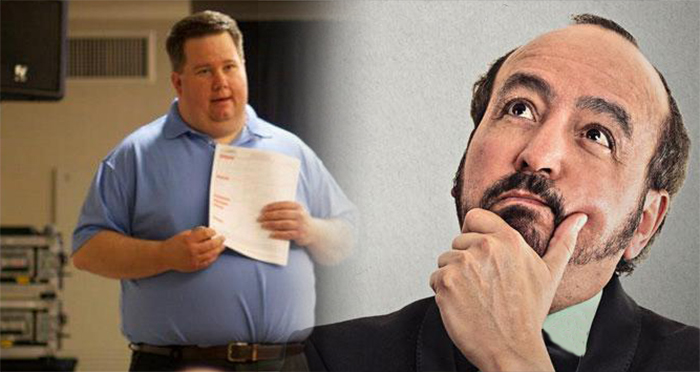When I started out in this business I was as rigid as a rail. Any little misstep or perceived misstep was blown way out of proportion. If a driver couldn’t serve a customer immediately due to the fact that he’d failed to fill up his gas can, since the last time he used it- it was totally unacceptable. I demanded a seamless operation and reasoned that it’s not about this one instance or mistake it’s about our habits and what customers expect. In discussions with drivers, I attempted to explain of this concept by reinforcing that; when a customer’s expectations aren’t met they’ll look elsewhere- emphasizing that driver pay is directly related to that customer’s patronage.
For years my message fell on deaf ears. Drivers would nod their heads, suggesting that they understood but roll their eyes when they thought I wasn’t looking. They thought I was a just crazy perfectionist and fought me tooth and nail, determined not to bend to my will. They believed, and rightly so- I would later come to realize, that what I was asking them to do was merely for selfish reasons. And my veiled threats, with regards to the possible loss of income, made them despise me even more.
To me, what I was asking didn’t seem off the wall. I wanted drivers to leave the shop as soon as I handed them a call. I wanted them to keep their trucks clean. I wanted them to have, in their truck at all times, every tool and piece of equipment necessary to get, whatever job they were being sent to do, done. I expected this of them and in no way believed I was being unreasonable.
What I later came to understand was that rather than communicating my true desire; which was to provide unparalleled service, I was continually reminding them that they were screwing up. It wasn’t until I quit micro-managing everyone and reigned-in my desire to create cookie-cutter, perfectionist robots, that things started to change.
Here’s how it came to a head. One day Mike, one of my best and most responsible drivers, said something that stung a little. You see I thought I was a good boss. I gave them time off when they asked, I provided perks, I gave bonuses and, pretty much let them do what they needed to do during the day- after the work was done. One day as I was attempting to motivate a driver to get off his butt and clean his truck, I must have pushed the guy too far. Because the next think I knew he was handing in his uniform. I couldn’t believe it, I stood there in awe, thinking “how on Earth am I going to motivate these guys if they quit when hit with a little criticism?”
Mike saw what went on and I gave him a look of disbelief, hoping to get a little commiseration, you know something like, “Eh we don’t need him.” But Mike just turned the other way. Later I confronted him and asked him what he thought. What Mike said was; “You treat us like we’re down here (placing his hand by his knee) and you’re up here (holding his hand above his head)”. What he was saying was that nobody believed like I did…that we were all working together to achieve a common goal. They believed that what I wanted was unreasonable and my methods for achieving it bordered on bullying.
Now you can say that tow truck drivers care only about the money and if they’re compensation is enough they’ll do what’s required of them without complaints, but I have not seen that to be the case. Everyone is looking for a place to fit in, whether it’s permanent or temporary, they want to be good at what they do. I believed I was helping my drivers to do that, to get better at doing their jobs by reminding them when they were continuously messing up. But that wasn’t what they needed.
What they needed was a big picture. An illustration of what winning looks like not a constant reminder of what screwing up is.
In the towing business achieving excellence is the result of consistent, happy return-customers. But to get that I needed to have consistently happy employees. So I decided to change things- Big time. Instead of talking down to my drivers, I began communicating with them as colleagues. At first it was weird and I was afraid to let them in. Because I thought they wouldn’t understand or empathize with my problems. But as I eased into it and started by talking with them about why the trucks should be readied at all times, without the veiled threats, they began to listen. When I stopped rationalizing my boorish behavior and started listening to their concerns and problems they opened up a bit more. When I revealed what it was that I really wanted and let them see that I had the same hopes and fears as they do; some- not all- but some developed a new-found respect for me, and trusted me more.
And as the weeks went by, no longer did I need to remind them to fill up their gas cans or check their trucks for the necessary equipment. They did it on their own, not for of a fear of reprimand, but because it’s part of their job.







Leave A Comment